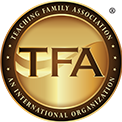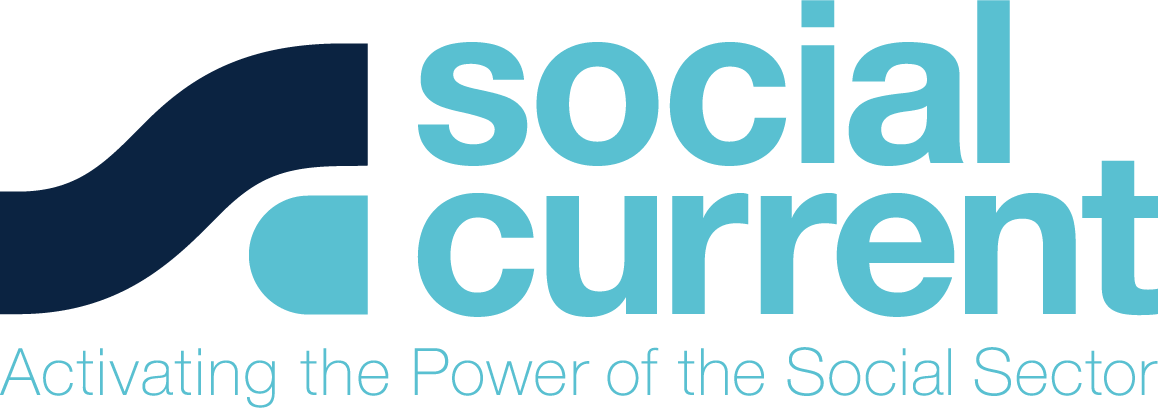 What is foster care?
What is foster care?
Foster care provides temporary, safe, and nurturing homes for children who cannot remain with their biological families due to abuse, neglect, or other concerns.
 How does the foster care system work in Florida?
How does the foster care system work in Florida?
The Florida Department of Children and Families (DCF) oversees the foster care system, working with local community-based agencies to place children in foster homes while efforts are made to reunify them with their families or find permanent placement.
 What types of children need foster care?
What types of children need foster care?
Children in foster care range from infants to 21 years and may include siblings who need to stay together, children with medical needs, and those who have experienced trauma.
 What are the requirements to become a foster parent?
What are the requirements to become a foster parent?
In Florida, foster parents must:
- Be at least 21 years of age
- Pass background checks and home studies (Including all household members)
- Complete required foster parent training (21 hours) which covers child development, trauma-informed care, and fostering regulations.
- Have stable household income and a safe home environment
- Demonstrate the ability to meet a child’s emotional and physical needs
 Do I need to be married to become a foster parent?
Do I need to be married to become a foster parent?
No, both single and married individuals can foster. We encourage strong family and support systems.
 Can I foster if I already have children?
Can I foster if I already have children?
Yes, many foster families have biological or adopted children. We work to ensure that fostering is a good fit for your entire family.
 How long does it take to become a licensed foster parent?
How long does it take to become a licensed foster parent?
The process typically takes 3–6 months, depending on training completion, home study approval, and background checks.
 Do I need to own a home to be a foster parent?
Do I need to own a home to be a foster parent?
No, foster parents can rent or own a home, but they must have adequate space for a child.
 Do I get to choose which children I foster?
Do I get to choose which children I foster?
While you can specify age ranges and other preferences, placements depend on the needs of children in care.
 How long do children stay in foster care?
How long do children stay in foster care?
Placements can range from a few days to several months or even years, depending on the child’s circumstances.
 What ages are the children in need of foster care?
What ages are the children in need of foster care?
Children range from newborns to 21 years of age. There is a particular need for homes for older children, sibling groups, and children with special needs.
 How long do children typically stay in foster care?
How long do children typically stay in foster care?
Each case is different. Some children stay for a few days or months, while others remain in care until they can safely return home or be adopted.
 Can I choose the age and gender of the child I foster?
Can I choose the age and gender of the child I foster?
Yes, we work with you to determine the best match based on your family’s strengths and preferences.
 What kind of support does Residing Hope provide to foster parents?
What kind of support does Residing Hope provide to foster parents?
We offer:
- 24/7 support and guidance
- Attend court and staffing meetings
- Quarterly training and workshops
- Respite care options
- Prayer support
- Connections to community resources
- Annual Family Retreat
 Will I receive financial assistance as a foster parent?
Will I receive financial assistance as a foster parent?
Yes, foster parents receive a monthly stipend from the state of Florida to help cover the child’s needs, including food, clothing, and basic expenses.
 What if I need a break from fostering?
What if I need a break from fostering?
We encourage respite care, where another trained foster family temporarily cares for your foster child to give you time to rest and recharge. We also encourage families to secure at least two screened individuals to be back up babysitters. We offer twelve paid days of respite per fiscal year.
 Can I take my foster child to church?
Can I take my foster child to church?
Yes, but foster children must be given the freedom to practice their own beliefs. We encourage families to share their faith in a respectful and loving way.
 Can I adopt a child I foster?
Can I adopt a child I foster?
Yes, if parental rights have been terminated and reunification is not an option, foster parents may apply to adopt the child in their care.
 How can my church get involved in foster care?
How can my church get involved in foster care?
Churches can support foster families by offering:
- Foster parent recruitment events
- Respite care programs
- Supply drives (clothing, backpacks, essentials)
- Volunteer during foster care events
 How do I begin the foster care process?
How do I begin the foster care process?
Start by reaching out to our agency! We’ll guide you through an orientation session, answer your questions, and help you begin training and certification.
📞 [(386) 668-4774]
📧 [www.fostercare@residinghope]
🌐 [www.residinghope.org]
We look forward to partnering with you to make a difference in the lives of children in need!
 What if I’m not ready to foster but still want to help?
What if I’m not ready to foster but still want to help?
You can support foster care by:
- Volunteering at events
- Becoming a respite caregiver
- Donating supplies for foster families
- Praying for foster children and families
 Can I work full-time and still be a foster parent?
Can I work full-time and still be a foster parent?
Yes, many foster parents work full-time. Arrangements may need to be made for child care, especially for young children.
 Can I adopt a foster child?
Can I adopt a foster child?
Yes, if parental rights are terminated and reunification is not an option, foster parents may apply to adopt the child in their care.
 What’s the difference between fostering and adoption?
What’s the difference between fostering and adoption?
Fostering is temporary and aimed at reunifying children with their biological families, while adoption is a permanent legal process.
 Can foster children go to public school?
Can foster children go to public school?
Yes, foster children attend public school, and they may qualify for educational assistance, such as tutoring and scholarships.
 Can I travel with a foster child?
Can I travel with a foster child?
Yes, but you must get approval from the child’s caseworker and the court for out-of-state travel.
 What is the mission of Residing Hope foster care program?
What is the mission of Residing Hope foster care program?
Our mission is to provide safe, nurturing, and faith-centered homes for children in foster care, offering them hope, stability, and love.
 Do I have to be Christian to foster with your agency?
Do I have to be Christian to foster with your agency?
While we are a faith-based organization, we welcome foster parents from various backgrounds who align with our values and are committed to providing a loving and supportive home.







